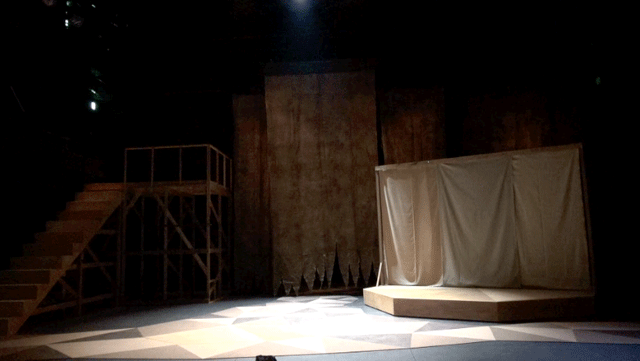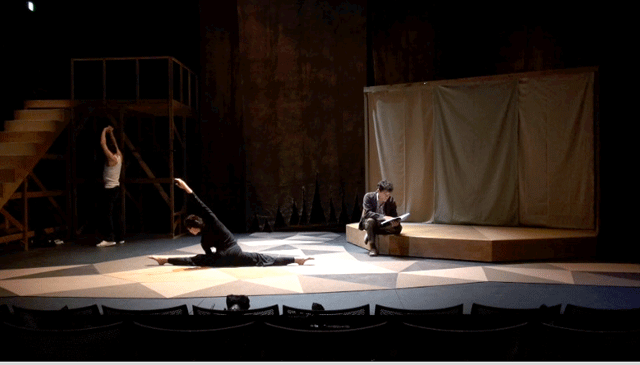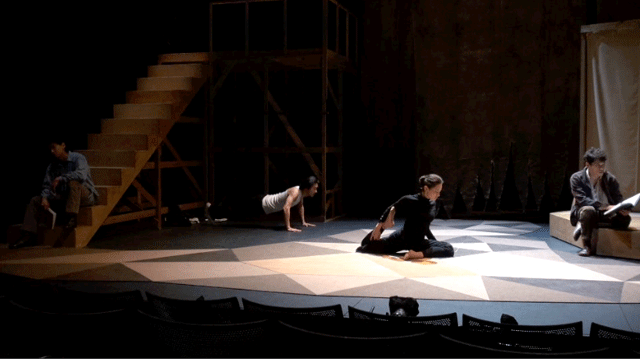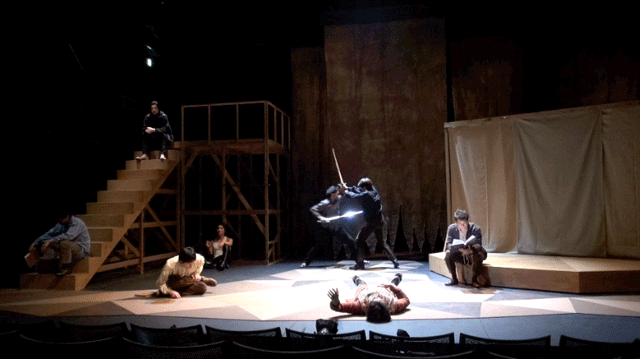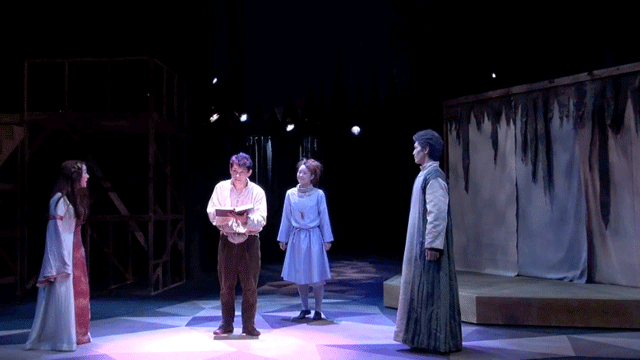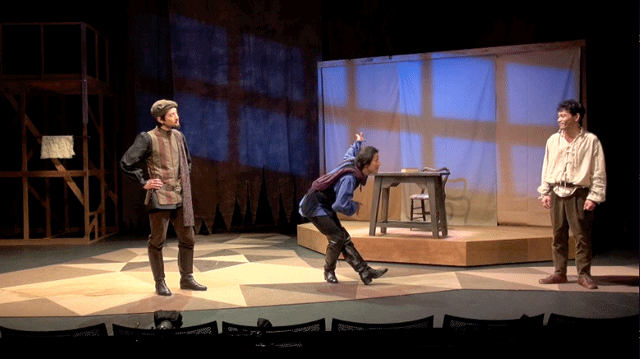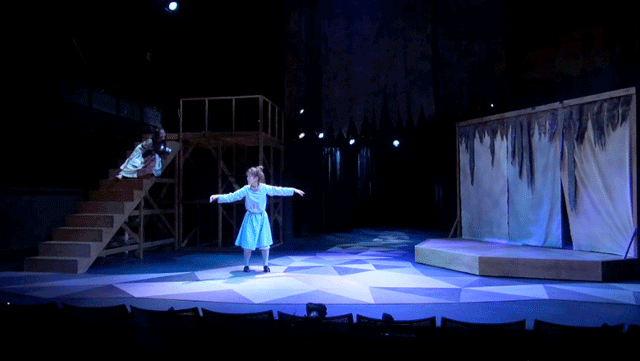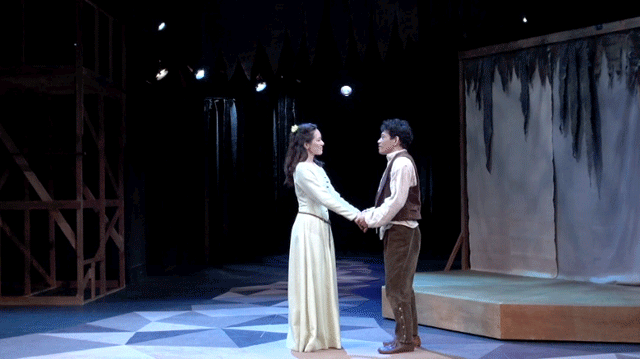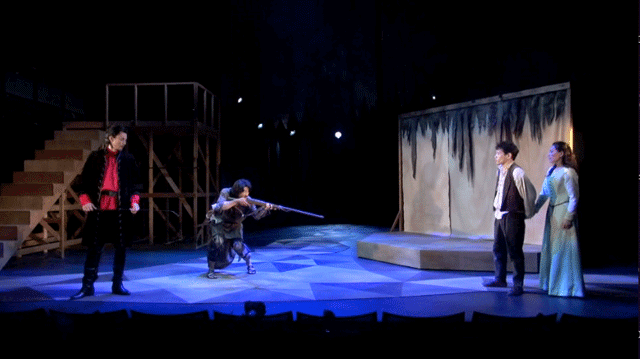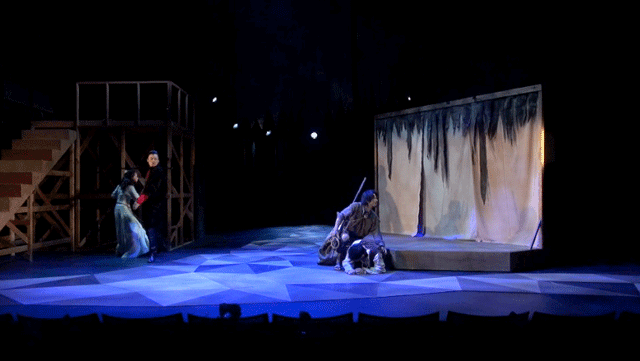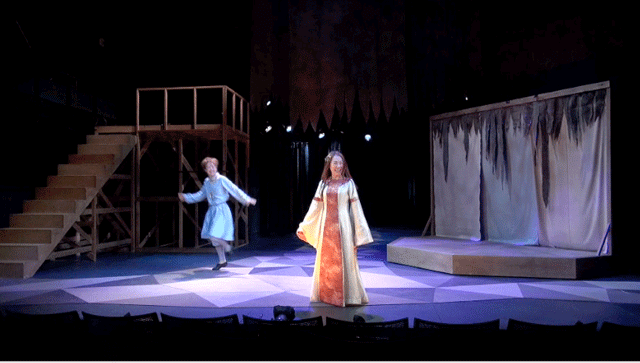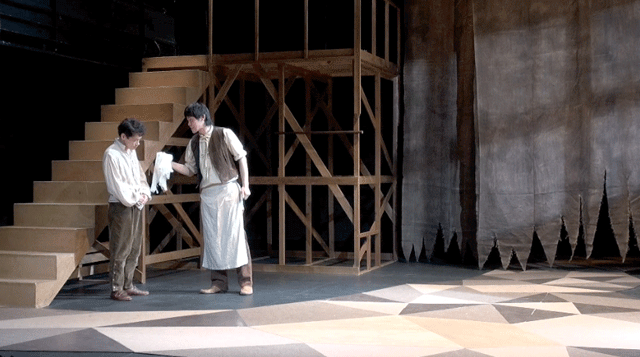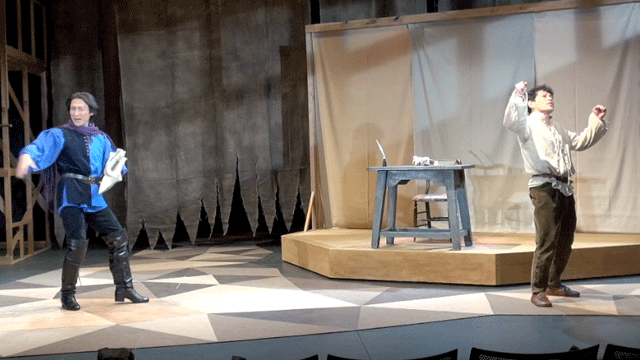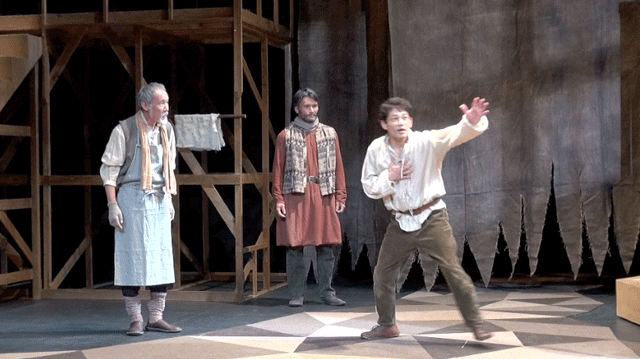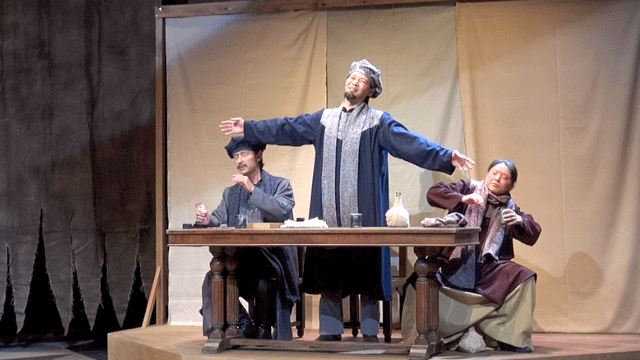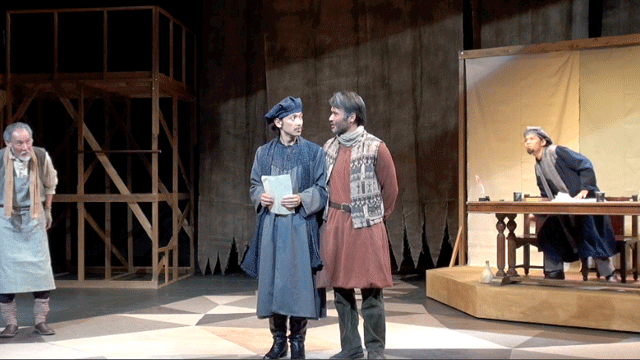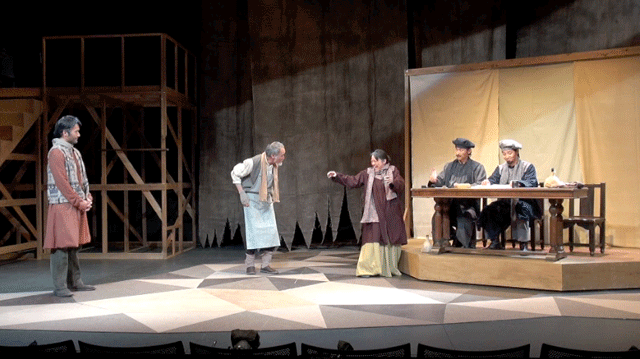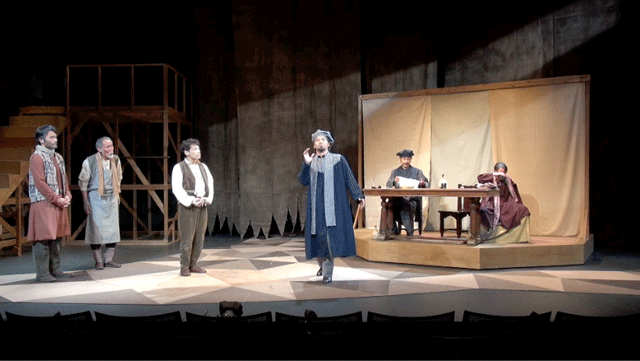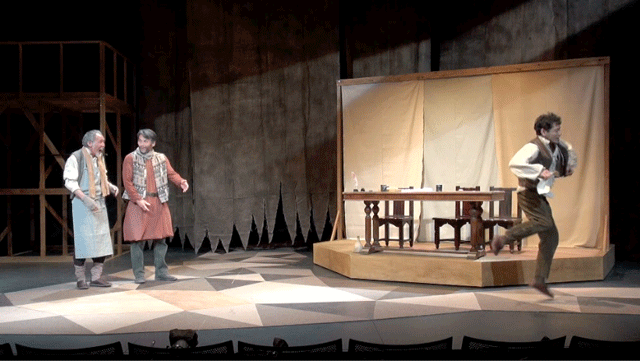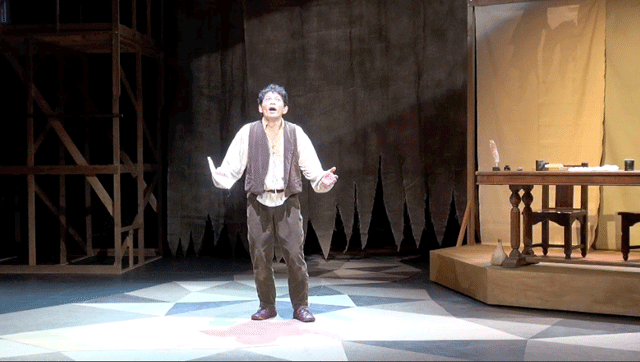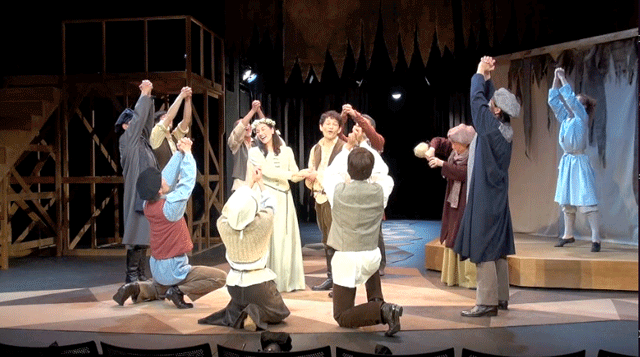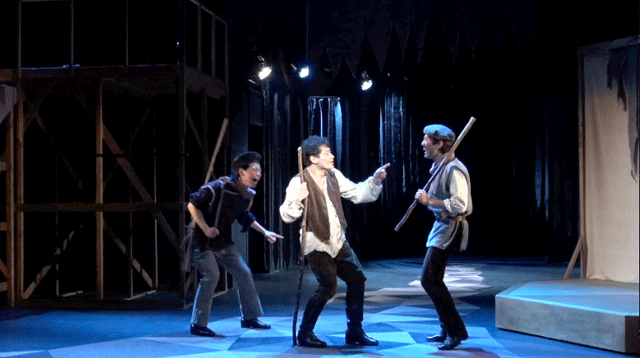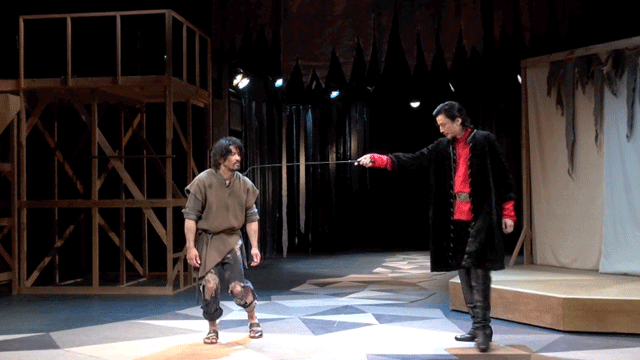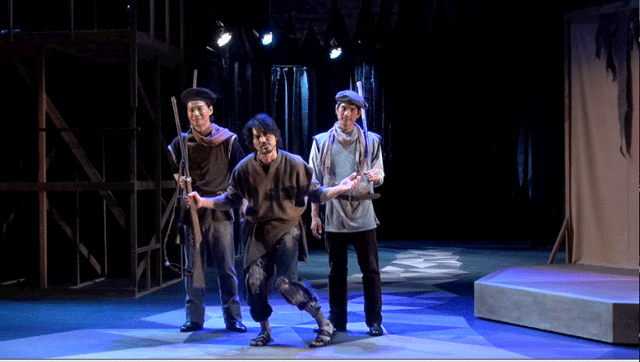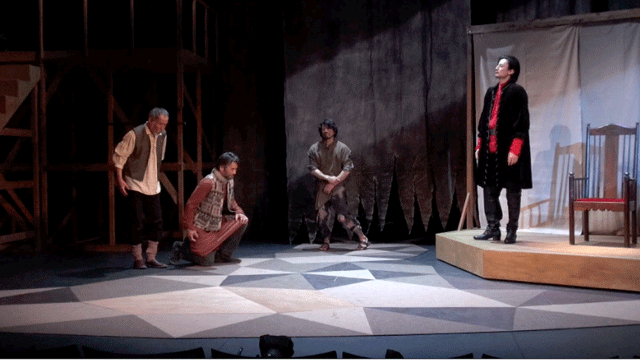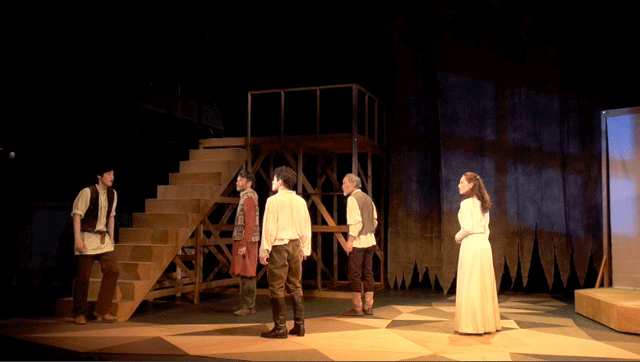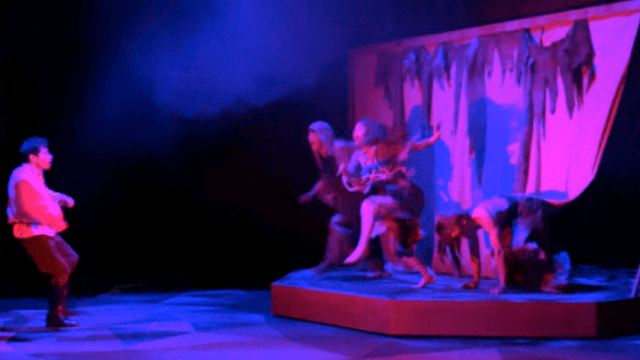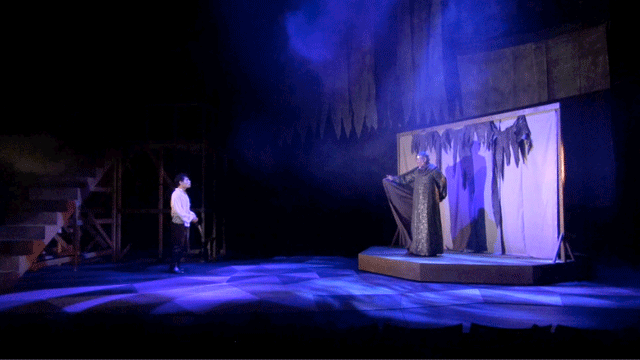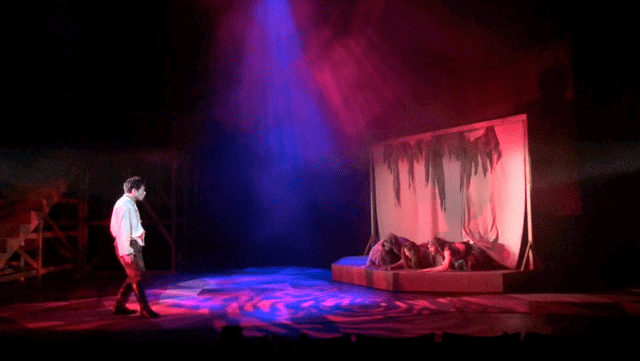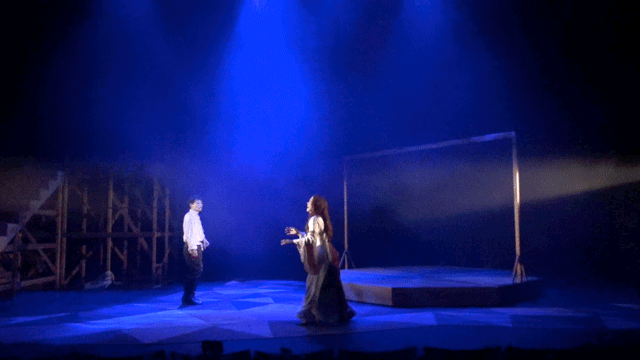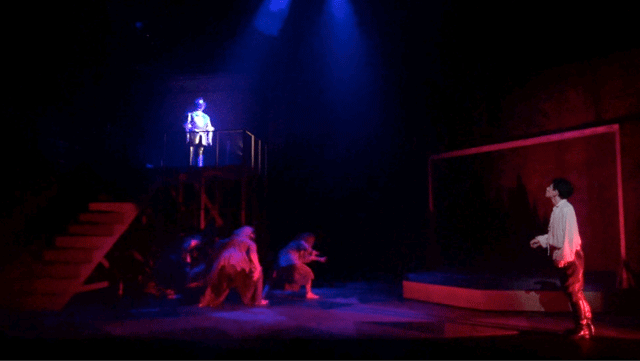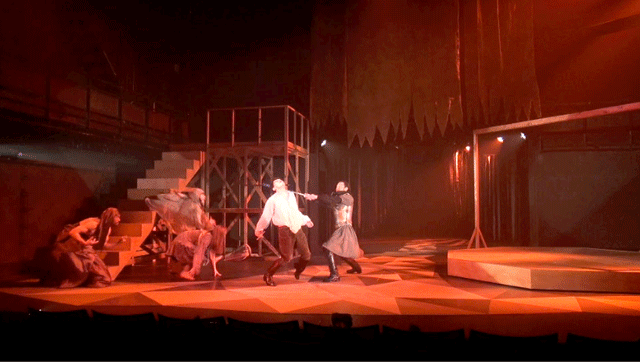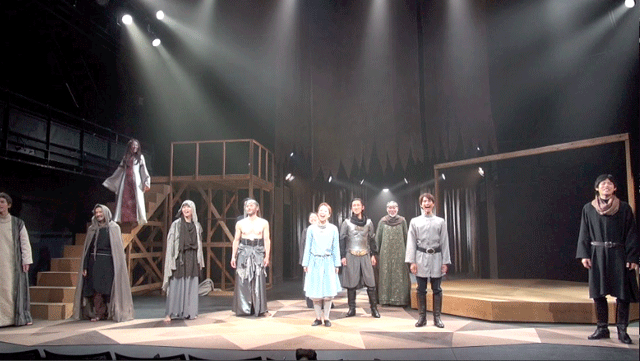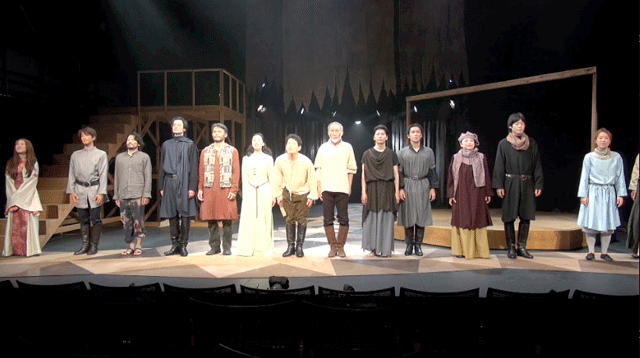|
I put a sound source in the text of the following according to IFKS Newsletter No. 14.
Music by the page on this site [Drama "William Shakespeare" by Mumeijuku was over] was abbreviation.
In this page I fitted the sound source without omission with Mp3, which played by Mr. Max Takano and Mr. Tossy. Sometimes muscisheet are a little short, but I'll leave to your imagination the destination.
Many years, putting the video on this site was the dream of sitemanager, but it was able to put on this page finally. The extracted scenes are marked with music from the recording of Generalprobe. This video, you can see in your smartphone mobile. However, it might also do not go smoothly work depending on model capacity. The sound of Mp3 is only music, and you can understand how it was used in the play the video.
It should be noted that there is a large photo of the Generalprobe end of this page, that was uploaded before. Please enjoy it together.
I am sure you all know that on 18~25th of May 2013, the drama "William Shakespeare" (Bøje's Work and Kuhlau composed music) was performed by Mumeijuku at Kichijoji Theater in Tokyo.
The hall was packed and with never-ending applause.
The reason for my involvement in this performance was due to my adventurous spirit. I am curious about anything new and love new experiences. I always hear the magic word "If you try, it will work out", just like I did when we produced the opera "Lulu".
It was fall of 2012, Mr. Ryoji Sugimoto (drama director) called me, "We have decided to perform Bøje's drama "William Shakespeare". Mumeijuku and I would like your assistance with the music."
On 9th of October, I met with Mr. Sugimoto (director), Mr. Chikara Suga (troupe manager), Mr. Kenji Matsuoka (actor), and Mr. Naruhito Kato (actor) at IFKS office.
At that time, I learned that they could not use the original music with chorus and orchestra because of the cost. I asked if there is a CD that we could use, but the music of "William Shakespeare" was not for sale other than the Overture. If they use a commercial CD, they must pay a high copyright fee each time.
In any case, we all agreed to use the music of Kuhlau in this performance including those from other works.
As you know, Mr. Sugimoto was the director and actor in the Japan premiere of "William Shakespeare" at the Kuhlau Festival in October 2010. At that time he arranged the drama with great idea using narrators to read the drama and playing leading role "Shakespeare" in pantomime. The music I used was the original version with orchestra, chorus and soloist.
For the new production Mr. Sugimoto wanted cheerful music for wedding march, since original music has somewhat of a dark image. And he also asked to make music in the scene of Shakespeare's dream of "Macbeth" more dramatic. The original is a quiet music without many ups and downs. He was planning on using music in 16 scenes. Furthermore, he wanted Kuhlau's music in the background for 30 minutes before the start of the play, at which time actors will show their warming-up performance on the stage and the drama to begin right after.
Although I know many music of Kuhlau, I have not heard them all. From that day, seeking music which is appropriate for the images of Mr. Sugimoto began. I went on a pilgrimage of Kuhlau's music. However, to find the sound source was extremely difficult. Then came the idea of creating the music electronically. By doing so, cost of production can be reduced and it will be possible to use any of the various Kuhlau's works.
However, my experience with creation of the electronic sound was close to none except for piano music. I bought the music software called "Logic Pro". The struggle began. First of all, I had to make the score on a PC and then fit the sound to each part of the orchestra.
I first started with the overture "William Shakespeare". The score was already finished so I only needed to apply the sound source to the notes of each instrument that were placed in each staff. When I finished putting sound to all instruments and listened, question marks were swirling in my head. Though I can not remember whether I said, "What 's this?????????"----- It was something non-musical that is far from the actual sound.
For example, in the case of a flute, there should be a variety of nuances, strength of articulation, changes in volume, vibrato, tone color etc. Adding the data one by one was far too difficult for me with my little experience. Still, I did what I could.
When some music was completed, I asked Mr. Sugimoto and Mr. Kato timidly to listen to the music. Sound of piano was accepted but sound of orchestra did not satisfy their sharp ears.
I tried using the organ sound, thinking it may fit with Shakespeare time but the organ sound could not express sensitive nuance. This was also denied by Mr. Sugimoto and Mr. Kato.
Mr. Sugimoto once said, "I can not read music but the most interesting thing about creating a play is to I find suitable music for various scenes. He showed 16 places on the scenario where music should be used and how long each should last.
Before the opening: 30 minutes
Introduction: 5 minutes
William comes on stage
Titania and Alf
Horn of the hunter
Chorus of Alf
Shakespeare's friend (Burbidge) plays a draft of "Macbeth"
Introduction of 3 master textile craftsmen
Wedding march
William's appreciation to god
Lord (Thomas Lucy Charlcote) and servant (Allan)
Allan's trap
Crisis advised by Gilbert (William's brother)
Love Scene of Anna and William
Music scene in the dream of "Macbeth"
Finale
The director's plan was to keep the performance within two hours and have no intermission. I began to think of a way to include as many Kuhlau's music as possible for the audience to hear. Fortunate for me, the director had decided to make the 30 minutes before the start of the play to be part of the performance. Once the door to the theatre opens, the music will start, first with the overture (ca.10 minutes), then followed by piano music (20 minutes), and at the beginning of the actual play, the introduction music will be played.
Overture will be played in orchestra sound and the piano music by piano sound. I have planned to create the piano music from piano variations. There are many variations in Kuhlau's piano works. Similar to Kuhlau's piano sonatas, they are not well known. Fortunately, piano variations were all in my head because publication of these variations was IFKS's next project. There is much beautiful music, so it was quite exciting to choose them.
Here are the selected pieces:
1.op.15, on an old Norwegian folksong "Good morning Rasmus Jansen with your coat" Thema,Var.1,2,3,4,6 a-minor
2.op.54, on Canzonetta of Bianchi "Nur zärtliches Kosen im blühenden Haine" Var.4
G-major
3. op.91, on the Swedish old folksong "Och liten Karin tjente wid unga Kungens gård" Thema,Var.1,2,3,4,5,,6,7, 8,9 e- minor
4.op.93, on Swedish folksongs, First theme and Variation part e- minor
5.op.18, on the drinking song with chorus "Welcome, warm and crimson bowl" from the opera "The Robbers' Castle " Theme, Var.2,3,5,6 a- minor
6.op.62-2, on the theme of Opera Euryanthe of C. M. de Weber, Var.7 A - major
7.op.18, on the drinking song with chorus "Welcome, warm and crimson bowl" from the opera "The Robbers' Castle", Var.9 a- minor
The aim was to create a memorable main theme and variation which will lead the audience into the drama. I also paid attention to tonality. I have tried as much as possible to unify them but had to insert a short composed passage from op.15 to op. 54 because the change from A-minor to G-major was somewhat unnatural. Thus was completed the piano music of about 20 minutes.
But, there was no way of knowing how many people will come to the theater in the 30 minutes before the beginning of the play. There was no such information on the leaflet. Only those who have enough time will come to the theatre that early. Thinking of my experience, there was not many times that I entered the concert hall at the same time the door opened. Nevertheless, it is a valuable opportunity to have people listen to Kuhlau’s music no matter how small in number. I thought that if some people showed interest in the music, then it was worth it.
However, the order of the music changed to opening fanfare (additional music)
, the piano music, and then the overture
.
I need to mention Mr. ‘Max Takano’. I said that I had trouble with orchestra sound. I tried many things with "Logic Pro". But it was very difficult to make the same sound that I had in mind. Time just passed by and it was the end of 2012, then beginning of 2013, January, February... but still, I couldn’t finish the work. Mumeijuku was going to begin their practice from 4th of March. I became very concerned whether or not I can handle a big job like this and meet the deadline. I must say that I saw limits of my abilities. I think God saw this situation because Mr. Suga gave me a call on early March. He said that he knew the expert of digital music. I felt that I heard God’s voice. He is Mr. Masashi Takano, a.k.a. Max Takano, who is a professional Synthesizer (Electone : electronic organ) player. He is the father of the actress (Miss Rieko Takano) who plays lover of Shakespeare. I made an appointment with him immediately. On 11th of March, I met him. He listened to my distressed story kindly and he played that music with an Electone immediately. It was splendid! He agreed to make the orchestra sound with Electone. I was just so relieved! On 12th of April, I met with him again together with Mr. Sugimoto and Mr. Kato. We listened to the overture of "William Shakespeare". He played everything on Electone by ear. We cried "Bravo!!!" and clapped our hands loudly after he played. If we use this music at 30 minutes before the performance, I thought that so many audiences would miss this great music. So I decided to use this music after the fanfare and piano music. It was only one month before the performance start when this decision was made.
I used many Kuhlau’s music like "William Shakespeare", Sonatas, Variations, "Lulu", "Fairy Hill", "The Magic Harp", and many more. Not everything was in original. I changed, for example, keys, length, instrument, etc. so I guess that for the audience who knows Kuhlau's music, it was difficult to identify the original music.
The practice started on the 4th of March and I met actors of Mumeijuku on the 6th. I didn’t know about how the play would be formed when I met them but I felt their strong enthusiasm. When I met them the first time, I asked them about Kuhlau. Only one actor said that knew about one of sonatinas. But, most of the actors had never heard of him. I remember saying that I wanted to support this play by Kuhlau's music but at that time, I was not sure how because I only met Mr. Takano after this.
The practice started by reading the drama script, then rehearsal continued every day for a whole 2 and a half month. I tried to go to the rehearsal from time to time to get the feel for the play.
On 2005, when we performed opera "Lulu", the practice took 3 months. I realized that it took as much time to make a play as it would an opera. On the other hand, musician can play the concert more easily. I think it is because we can play with music, but in the case of opera and play, they cannot. It certainly is a very difficult field of art.
So let's reveal the secret of the music used in the play.
First is the introduction music. The music was based on the first number of the first scene of the first act of "Shakespeare". I wanted as many diversions from the music of "Shakespeare" as possible, but I had to shorten it into 5 minutes to fit in the play. I felt somewhat guilty but inserted the wedding march of the original melody because it would be a pity if we removed this impressive rustic melody from the "Shakespeare" (Later, Mr. Takano used this melody in the scene of "Macbeth", creating a great effect again). And with chorus inviting Oberon and Titania on stage, the introduction was completed.
Introduction music (4'08'') (orchestra sound)
| Melody of wedding march of "William Shakespeare" (Special Version. which was not used by performance)
|
At the end of this music, Alf and Titania come to William, who is the last one remaining on stage after all the other actors who finished warming-up exercise has left. They watch over the young man. In this play, Oberon, Titania and Alf who are from the fairy world cannot be seen be human.
Blackout
Light goes up and drama begins here.
ACT I, Scene 1
In the forest, Oberon and Titania talk about the old days when William was still a baby. They let him hear the song and dance of Alf (role without dialogue). William, who is now a young man, appears on stage. He always comes to the forest to write his poem.
Music of William’s appearance (0'45'') (piano sound)
First half: Bianchi op.54 Canzonetta, Var.12. T.387-397
Second half: Bianchi op.54 Canzonetta, Var.4. (Abbreviation)
ACT I, Scene 2 : Home of William. Visit by friends and the conflict of William (Either live as a poet, or become craftsman). (without music)
ACT I, Scene 3 : Alf and Titania are in the forest. William appears later. (4'05 ") (piano sound)
Piano sonatas op.30-II, from b.66
Where Anna and William are meeting in the woods, the mean landlord (Thomas Lucy Charlcote) and his servant (Allan) come to give them a hard time. They are saved by the sound of the hunter's horn. This is in the original. (Orchestra sound (horn))
"William Shakespeare" Nr.3 (a) Chorus
It was the idea of Titania which saved the two lovers. This is the scene where Alf and Titania share joy that their plan went well. This is also in the original. (orchestra and female chorus)
"William Shakespeare" Nr.3 (b) Chorus
ACT II, Scene 1
William's friend Burbidge, who came from London, praises the draft of "Macbeth", which he borrowed from William. (piano sound)
Piano Sonate op.30-IV
ACT II, Scene 2:
Today is the day that William will take the examination by the three masters to become apprentice of the textile craftsman. Three masters are on the revolving stage. Sir Hathaway (Anna’s father) introduces the three masters to John (William’s father). This is the music in which Mr. Sugimoto and Mr. Kato said to me “This is really good!” when they first heard it. How difficult it was to match the music to the choreography! (piano sound)
Hathaway : "The first master boasts about his knowledge but actually is good natured and a bit soft in the head. He cannot forget that he was the primary referee of the jury. "trang~trang~trang~trang".
The second master is a young widow, the first woman master in town. But she is now a better judge of alcohol than of textile. If we serve her good wine, she would not treat your son bad. "trang~trang~trang~trang" For the third master, I have used a sure method. "trang~trang~trang~trang". Everything is in place."
This "trang~trang~trang~trang" is played in the following notes:
End of the last "trang" should exactly match the timing in which the masters show their finishing pose. In order to do so I was asked to “shorten two seconds”, “extend it for three seconds ", etc. Each time, I tried to meet the request by changing number of beats or figure type, but these changes often resulted in unnatural harmonic progression. After 5 attempts, the music was completed. Despite all these efforts, there was one time (the very first stage) that the music came in late. The acoustic master was really apologetic. But after that, the timing was perfect for all the performances. Every time that this scene is over, I felt truly relieve. (piano sound)
Opera " The magic harp" Nr.6 from Aria of Panphilus
William passed the exam to become a textile craftsman apprentice. At the same time was allowed to marry Anna. All in one day! William felt as if he was walking on air and thanked God.
(harp & female chorus)
Opera "Lulu" 1st Act, Chorus of fairy
ACT III, Scene 1
Wedding march
To change this into a cheerful happy song was a request of Mr. Sugimoto from the beginning, because of the dark mood of the original song. I knew at once the perfect music for this. It is the wedding march in the third act of opera "Lulu".
 |
The original is by mixed chorus and orchestra. This time, it will be sung by actors so I suggested that they all sing the soprano part. I needed to change the lyrics as well. The original melody is in B-major as described above and there is a high “G” note. I needed to check the right tonality for all the actors. I prepared the parts in B-flat major, F-major, and G-major and asked the actors to try each one during one of the practice. I was able to confirm that it was difficult for them to sing the high g'' note and F-major was the best. This way, the highest note will be d'' note.
It was decided that the lyrics should be adapted from a poem written by Shakespeare. The director chose the appropriate lyrics for the wedding from the translation of "A Midsummer Night's Dream". But it would not match the notes as it is. Below is the song used on stage as the result of arranging the lyrics by omitting words or using repetitions. The sound of this orchestra was performed by Mr. Takano who made the sound rusticated by the request of the director.
William and Anna enter arm in arm followed by the villagers. The scene went well, far above my expectation thanks to the hard work of the actors. Anna’s father and William’s father will sing in solo during the scene and in the refrain, William, Anna, and the 3 masters sang in solo. It made the audience want to sing along. In addition, there were a few phrases added at the end by Mr. Takano but the music faded out before it reached that part. Mr. Takano was well aware of this. It was unfortunate the audience was not able to experience his mischievous side. The phrases added was from the song of Koshien (high school baseball match) "The Crown will Shine on You" by Yuji Koseki. However, this march was played while the audience was exiting the theater after the curtain call, so some may have noticed it.
ACT III, Scene 1
Sir Thomas is irritated, because his pet dog Diana was almost dying from injury he suffered when Sir Thomas was chasing the hunter after hearing the sound of the horn in Scene 3 of ACT I. He promised a prize of 1 guinea if Allan could catch the poachers. This gave Allan an idea. William's wedding will take place tonight. The tradition is for the groom to take the bride home and then entertain the guests in a tavern. After that, they dance at the house of the bride. Some will go hunting in the forest. It is for sure that apprentice will come to the garden of the lord tonight to party. Allan advised to lord that he can arrest William at that timing. Lord thought that it was a great opportunity and offered Allan 10 guineas if he would arrest William. Allan is pleased that his scheme worked.
Mr. Sugimoto asked for dark and ominous music for this scene.
The music that I have selected is bellow.
 |
You are evidently a "Kuhlau master" if you know which piece this is at a glance. It is a piano piece. When Mr. Sugimoto listened to it, he wanted low and rough sound with in strings. Mr. Takano played the following. (string sound)
This is the 3rd variation from Piano Sonata op. 6a-3-II- “Variation from the theme of "March of monks" from Mozart's opera "The magic flute"”
In the production by Mr. Sugimoto, he changed the two apprentices who gave William empty gun to someone which Allan hired and the killed deer to reincarnation of Titania. These changes were revealed at the end of the play.
Same ACT, same Scene
Allan and the 2 apprentices he hired were delighted that they were able to set up William, and were talking about going at the magistrate. This new scene is a creation of Mr. Sugimoto. He asked the music to be eerie at first and then change to a decisive tone. The stage black out about half way through the music, and then proceeds to Scene 2. (piano sound)
>
Arrangement with motives from Piano Sonata op.46-3-I.
ACT III, Scene 2
Room of Sir Thomas: light goes on
Sir Thomas is lost in his thoughts in his room on the verge of Diana's death. John (William's father) and Hathaway (Anna's father) appeal to Sir Thomas, asking for forgiveness to the act committed by William. Lord agrees, but this is a lie. While assuring them of the release, he is actually thinking sending William to the magistrate during midnight to have him arrested. (without music)
Same ACT, same Scene
Gilbert’s advise: William’s brother Gilbert witnesses Allan and 2 apprentices talking about going to the magistrate. He rushes to William to warn him.
The tension of the music increases, then the lights go out suddenly. Music continues in the dark and stops at climax. The light gradually goes on and the scene is William’s Room.
Dramatic music from the introduction of the overture of "William Shakespeare" (b.43~51). (Hats off to Mr. Takano for his music selection and impressive performance) (orchestra sound)
ACT III, Scene 3
William learns of the conspiracy by Sir Thomas from Gilbert and decides to escape. Anna and William pledge their heart before they part. (piano sound)
This is the famous music "Wanted Sherlock Holmes!!!" that you all know.
(If you don't know, please see:
http://www.kuhlau.gr.jp/e/e_news/wanted_sharlock_holms.html
http://www.kuhlau.gr.jp/e/e_news/didnt_apeared_sherlock_holms.html)
I think it is the most romantic melody among all the Kuhlau's works.
Piano Sonata op.46-3-II
ACT III, Scene 4
In the forest awaiting Anna.
The music used in ACT I, Scene 3 is played again. (piano sound)
Piano Sonata op.30-II from b.66
William, who came in the wood first and waiting for Anna, falls asleep. William dreams of a scene from "Macbeth". In the original, it is performed by pantomime, but Mr. Sugimoto added lines and also dramatic music to match with the spectacle scene. All of the dream scenes use music of an orchestra arrangement by Mr.Takano. Thunder roars as the scene changes.
●Three witches come to stage. Banquo-----Part 1 of the storm music of 3rd ACT from "Lulu"
●King Duncan appears. Macbeth stabs King Duncan to death. -----Fanfare from the overture of "Fairy hill"
●Lady Macbeth appears. She takes the dagger from the hand of Macbeth, who is in shock. Banquo is killed by the 2 assassins. -----Arranged using the melody of the overture of "William Shakespeare"
●Appreciation to the vassals, ghost of Banquo, Lady Macbeth’s rebuke to Macbeth -----
Arrangement with motives from the introduction of the overture of "William Shakespeare" and motives from the storm of "Lulu"
●Three witches, phantom 1, phantom 2, phantom 3-----Eerie music using the motive from fugue in the overture of "William Shakespeare"
●Lady Macbeth suffers seeing her bloody hand -----Dramatic music by the motive from the beginning of the overture of "William Shakespeare"
●Warriors of the enemy -----Part 2 from the storm of "Lulu"
●Macbeth (acted by William) determines to go to battle. -----The wedding march of "William Shakespeare" arranged as sonorous music. Fades out to Macbeth's monologue.
●Macduff comes to stage and fights with Macbeth (William) -----Part 3 storm from "Lulu"
Stage blacks out with the death of Macbeth. Lights go on and William is found fallen in the woods. Anna comes in. Williams wakes up from the dream and is confident that he will become a poet in the future. The two leave for London hand-in-hand.
Finale, (orchestra sound)
"William Shakespeare" No.8 Chorus
Thus music for Mumejuku’s performance of "William Shakespeare" has completed. My anxiety in the beginning was blown off by the cooperation of Mr. Takano. In particular, at the 10-minutes scene of the dream, Mr. Takano made up a stunning music combining various motives from Kuhlau's works.
I have already told you that the wedding march was played as the audience was leaving the theater. Mr. Takano also created a pizzicato version of the first movement of Piano Sonatina op.55-1 of Kuhlau by strings, but did not use it in the play. Regretting this, the acoustic master played this piece in the theater just once on the final day of the performance. It was a pity that only few people had the chance to listen to it. (strings pizzicato sound)
 |
It is unknown how the audience who came to see the play felt about the music of Kuhlau. However, it seemed to me that the member of the International Friedrich Kuhlau Society (IFKS) listened carefully to music. I saw all ten performances (from opening of the doors to the end where the audience exited) every day. It was a very first experience in my life to visit the same play 10 times, and gave me the opportunity to think about music and drama, even Kuhlau's music. In one of the day while the music was playing before the performance, the manager of the Mumejuku came to my seat with a person who wanted to know what the music was. She was a piano teacher. I was delighted that yet another person became interested in Kuhlau’s music.
(Translated by Kyoko Ueno)
|
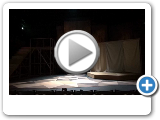 FanfareEmbed YouTube Video by VideoLightBox.com v2.5m
FanfareEmbed YouTube Video by VideoLightBox.com v2.5m
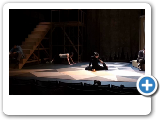 PIano music→OvertureEmbed YouTube Video by VideoLightBox.com v2.5m
PIano music→OvertureEmbed YouTube Video by VideoLightBox.com v2.5m
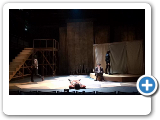 IntroductionEmbed YouTube Video by VideoLightBox.com v2.5m
IntroductionEmbed YouTube Video by VideoLightBox.com v2.5m
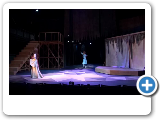 Titania and alfEmbed YouTube Video by VideoLightBox.com v2.5m
Titania and alfEmbed YouTube Video by VideoLightBox.com v2.5m
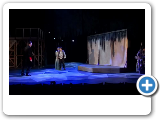 Horn of hunterEmbed YouTube Video by VideoLightBox.com v2.5m
Horn of hunterEmbed YouTube Video by VideoLightBox.com v2.5m
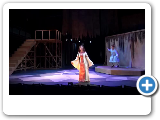 joyful Titania and alfEmbed YouTube Video by VideoLightBox.com v2.5m
joyful Titania and alfEmbed YouTube Video by VideoLightBox.com v2.5m
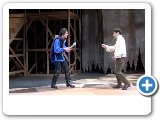 Friend from LondonEmbed YouTube Video by VideoLightBox.com v2.5m
Friend from LondonEmbed YouTube Video by VideoLightBox.com v2.5m
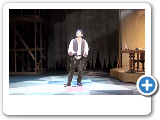 Thanks to GodEmbed YouTube Video by VideoLightBox.com v2.5m
Thanks to GodEmbed YouTube Video by VideoLightBox.com v2.5m
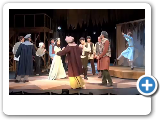 Wedding marchEmbed YouTube Video by VideoLightBox.com v2.5m
Wedding marchEmbed YouTube Video by VideoLightBox.com v2.5m
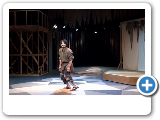 Allan's monologueEmbed YouTube Video by VideoLightBox.com v2.5m
Allan's monologueEmbed YouTube Video by VideoLightBox.com v2.5m
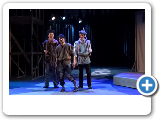 Allan and 2apprenticesEmbed YouTube Video by VideoLightBox.com v2.5m
Allan and 2apprenticesEmbed YouTube Video by VideoLightBox.com v2.5m
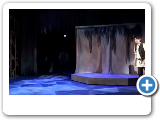 Gilbert's adviceEmbed YouTube Video by VideoLightBox.com v2.5m
Gilbert's adviceEmbed YouTube Video by VideoLightBox.com v2.5m
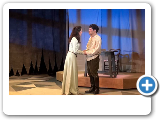 Anna and WilliamEmbed YouTube Video by VideoLightBox.com v2.5m
Anna and WilliamEmbed YouTube Video by VideoLightBox.com v2.5m
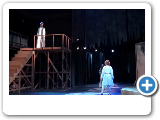 by the River AbonEmbed YouTube Video by VideoLightBox.com v2.5m
by the River AbonEmbed YouTube Video by VideoLightBox.com v2.5m
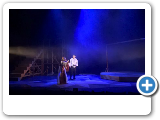 MacbethEmbed YouTube Video by VideoLightBox.com v2.5m
MacbethEmbed YouTube Video by VideoLightBox.com v2.5m
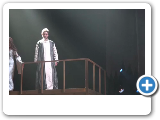 FinaleEmbed YouTube Video by VideoLightBox.com v2.5m
FinaleEmbed YouTube Video by VideoLightBox.com v2.5m
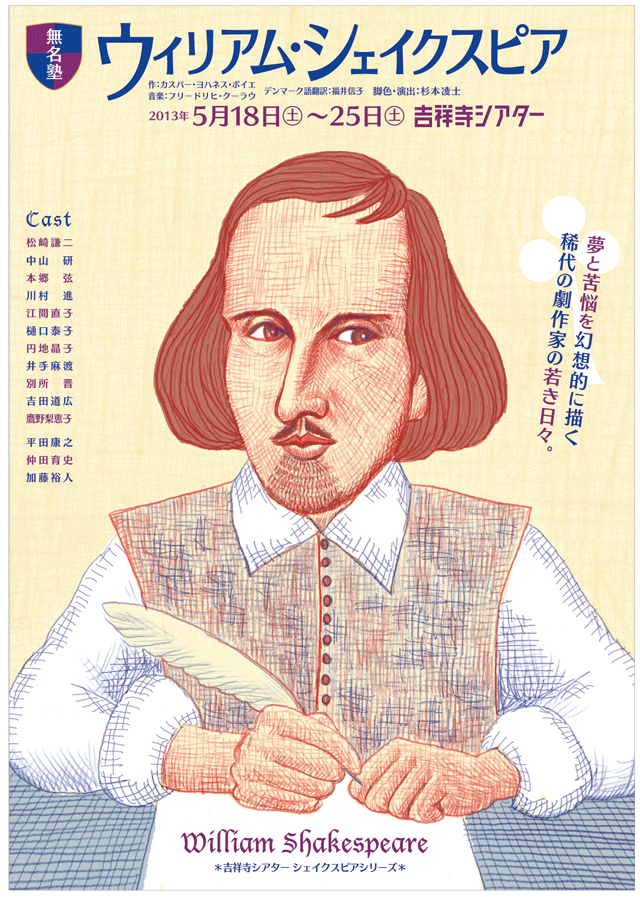
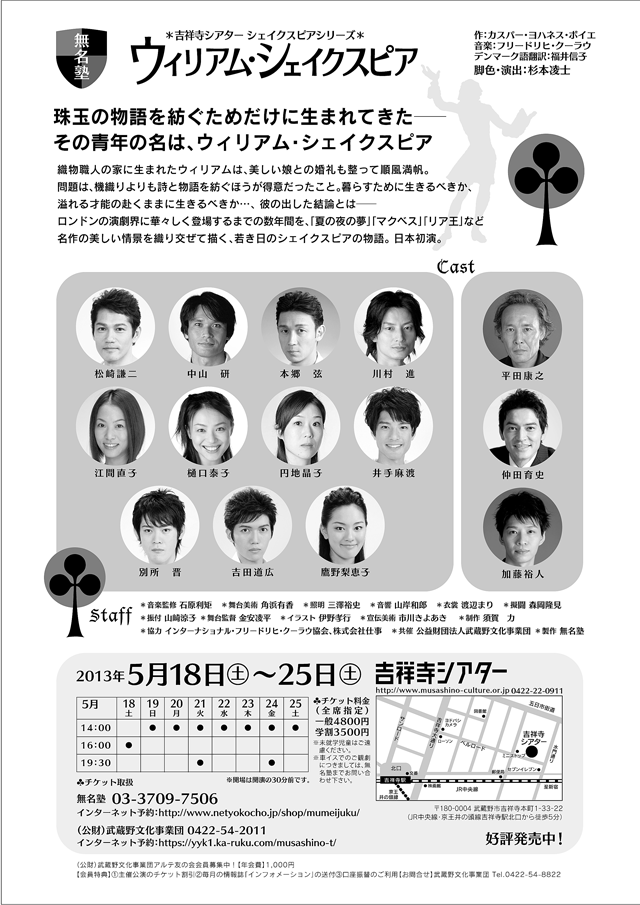
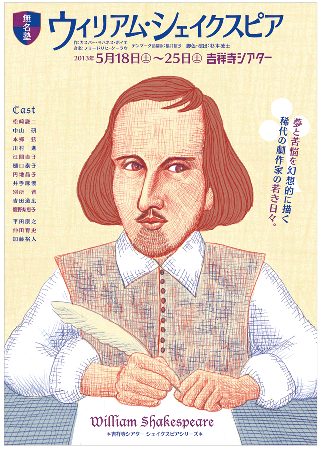



 William on stage
William on stage
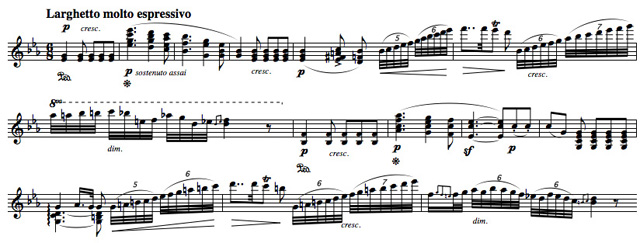



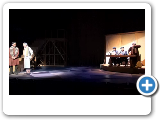 3 Masters
3 Masters











